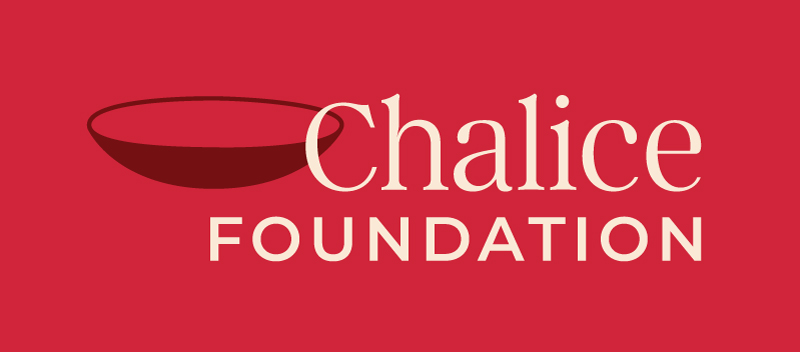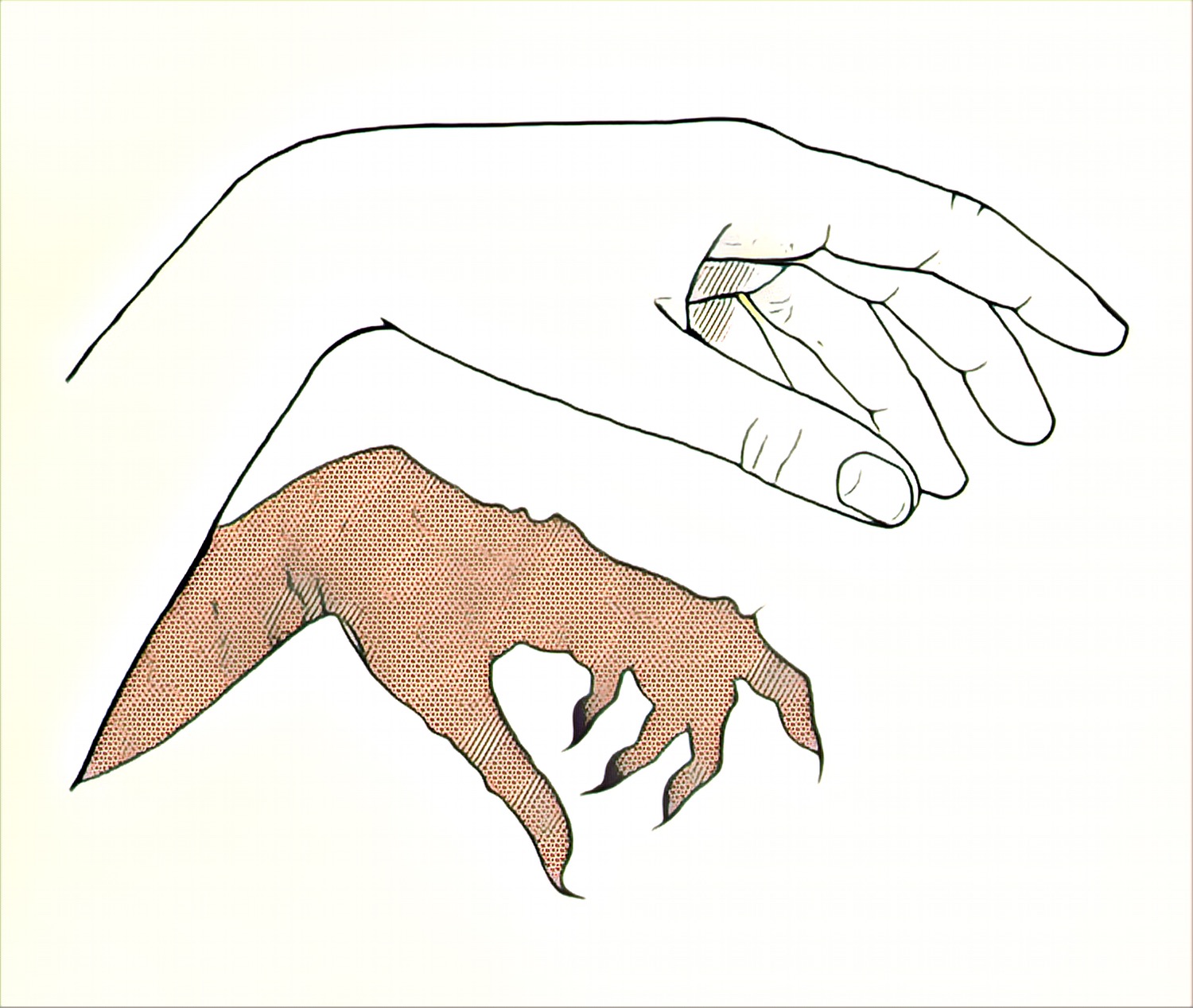Endometriosis is a chronic disease that often goes ignored. While it affects on average 1 in 10 women (or people with uteruses), causes high rates of infertility and excruciating pain there remains a veil of secrecy around this condition. There is a huge push to bring endometriosis into public discourse from both the women and non-binary people who have this disease and those trying to get diagnosed.
Throughout the last few months, I have been speaking to individuals who are working against this stigma. They are fighting back against ignorance towards reproductive conditions and getting us talking all things Endometriosis.
“We spread awareness on endometriosis so that no fourteen-year-old girl ever has to contemplate whether her life has meaning and/or value, because she is in so much pain and doesn’t know why.” Jenna
Endometriosis looks different and feels different to everyone with one exception, the pain. Research has shown that women’s pain is more likely to be disbelieved or denied by medical professionals. From childbirth to menstruation the image of a woman in pain is normalised in society. This results in the pain of endometriosis often being ignored or dismissed. This is not just a bad period.
“Through my own experiences, before and even after I was diagnosed, it was really difficult to get my family to understand that Endometriosis IS painful. That period pain is NOT normal. That pain during intercourse is NOT normal.” Jenna
The physical pain often begets mental anguish. Individuals experience pain from a young age without intervention from medical professionals or even sometimes family.
“Probably one of the biggest things aside from the physical issues of pain, is the mental toll, being in pain all the time is lonely and it gives me anxiety that I’ve been trying to manage for the last 10 years with a psychiatrist.” Imogen
The average diagnosis time for endometriosis is over seven years, with individuals often moving through multiple doctors until they find a correct diagnosis. Social taboos and medical ignorance result in low research rates and unawareness.
“I first experienced debilitatingly painful periods and bowel symptoms when I was 11 or 12 and didn’t get diagnosed from laparoscopic surgery until I was 23.” Jamila
“I first learnt about endometriosis when I was diagnosed with it. I wish I had known what it was sooner because I would have been able to advocate for myself better to doctors.” Imogen
Endometriosis is a chronic condition so the process of advocating for yourself does not end at diagnosis. Endometriosis occurs when tissue similar to the lining of the uterus (the endometrium) grows outside the uterine cavity, the only formal diagnosis is through exploratory surgery. There is no current cure.
“I just wish people understood that it is a serious and debilitating illness. People who have it are suffering daily and they need more help than they are being given at the moment.” Imogen
“Endometriosis has impacted every facet of my life and informs every decision or action I make.” Jamila
There is a growing community of young women and non-binary people sharing their stories, providing each other with the support they never received from medical professionals. From Facebook groups to Instagram accounts individuals are working to normalise living with endometriosis from flare-ups, surgery, to issues with fertility.
“Once I knew the word, I was able to search for it as hashtags on Instagram where I learnt from Endo Instagrammers what Endo was. I got more accurate and up to date information from Instagram then from the 8+ doctors I saw who couldn’t explain my symptoms.” Jamila
While there are great steps being made, with a $10 million funding for endometriosis research in Australia and more public awareness campaigns, there is still a long way to go in Endometriosis awareness and education.
“There is non-binary, trans, intersex, and gender diverse people with Endo, and we need to improve the language we use around Endo to ensure all people with Endo can access healthcare.” Jamila
“Sometimes, having to beg and plead to be taken seriously and needing to constantly defend our illness can actually be harder than feeling the pain.” Hannah
The stories shared by these individuals are aiding in the campaign to normalise endometriosis and bring important conversations into the light with comment sections, forums and inboxes all filled with people sharing the stories that would once have had to hide. Reproductive diseases and conditions are a lived experience for many of us and they deserve to be spoken about.
If you’re looking for more information or to join the conversation endometriosis type endometriosis into Instagram or Facebook today and you’ll find the stories of some amazing people like those shared here.

Rosie Ward
A regular contributor to The Leak, Rosie Ward is a full-time post graduate student at the University of Melbourne. She is interested in finding effective policy solutions to gender inequalities and the power of feminist literature. She combines these interests in her role as Babes in Books director. When not doing that you can find her tending to her growing cactus collection


